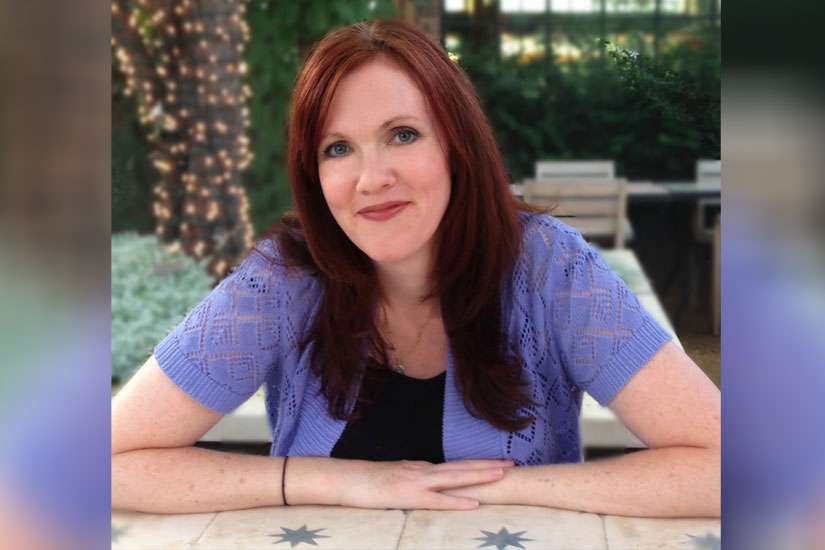In her often hilarious memoir, Something Other Than God, Fulwiler documents her transformation from atheist to agnostic to theist and her pursuit of happiness in this fleeting life.
Fulwiler’s conversion story begins in childhood. Raised in a happy, free-thinking home, she refused to give into peer pressure and become a believer just to fit in with the girls at school. She developed a fierce independence that would sustain her for many years. Still, she could not shake but only bury an existential crisis she first experienced growing up in Texas.
The idea that human life is limited between birth and death led to fear and emptiness, which haunted her as an adult when she could no longer distract herself with material pleasures.
“I used to believe that I could control my way to happiness, or at least amass enough distractions that it would feel like something close,” she writes.
In her journey from jetsetter with her lawyer boyfriend to suburban mom, Fulwiler lets the reader in on her inner thoughts and insecurities. This method, while endearing, opens her up to scrutiny. But despite her occasional tangent of thought — such as her questionable musings on the life and death of legendary hip-hop and rap artist Tupac Shakur — her story flows in exactly the right direction.
Fulwiler’s path to Christianity and ultimately Catholicism is an intellectual pursuit. It sheds light on how belief in God is not solely based in emotion. And her story is a lesson in how one staunch unbeliever can change her mind.
But belief in God does not automatically presuppose counter-cultural opinions, such as having a pro-choice stance. And so Fulwiler’s journey also maps out the route from pro-choice to pro-life and how she arrived at her destination intellectually.
In the process, she connects Catholics past and present, showing how rooted the faith is in history. She draws wisdom from scholars such as author C.S. Lewis, and then imparts her own hard-learned lessons.
“No spiritual teachers ever said you could access divine truths without transforming yourself first,” she writes. “Maybe you could absorb data under any circumstances, but to attain wisdom you would have to be in the proper position, lifestyle-wise, and it probably wouldn’t be comfortable.”
Something Other Than God is thought provoking. Fulwiler does not shy away from critical observations made at different stages in her faith journey.
On her first encounters with Christianity in general, she writes, “This was not a religion where people cametogether to focus on the same deity; it was a religion where each person projected a hologram of the divine based on their subconscious issues and desires, and worshipped that.”
And yet, by the end, Fulwiler’s memoir leaves believers with one main thought: faith-affirming.
No longer an atheist, “I had none of my illusions of control,” she writes, “but more happiness than I’d ever known before.”


